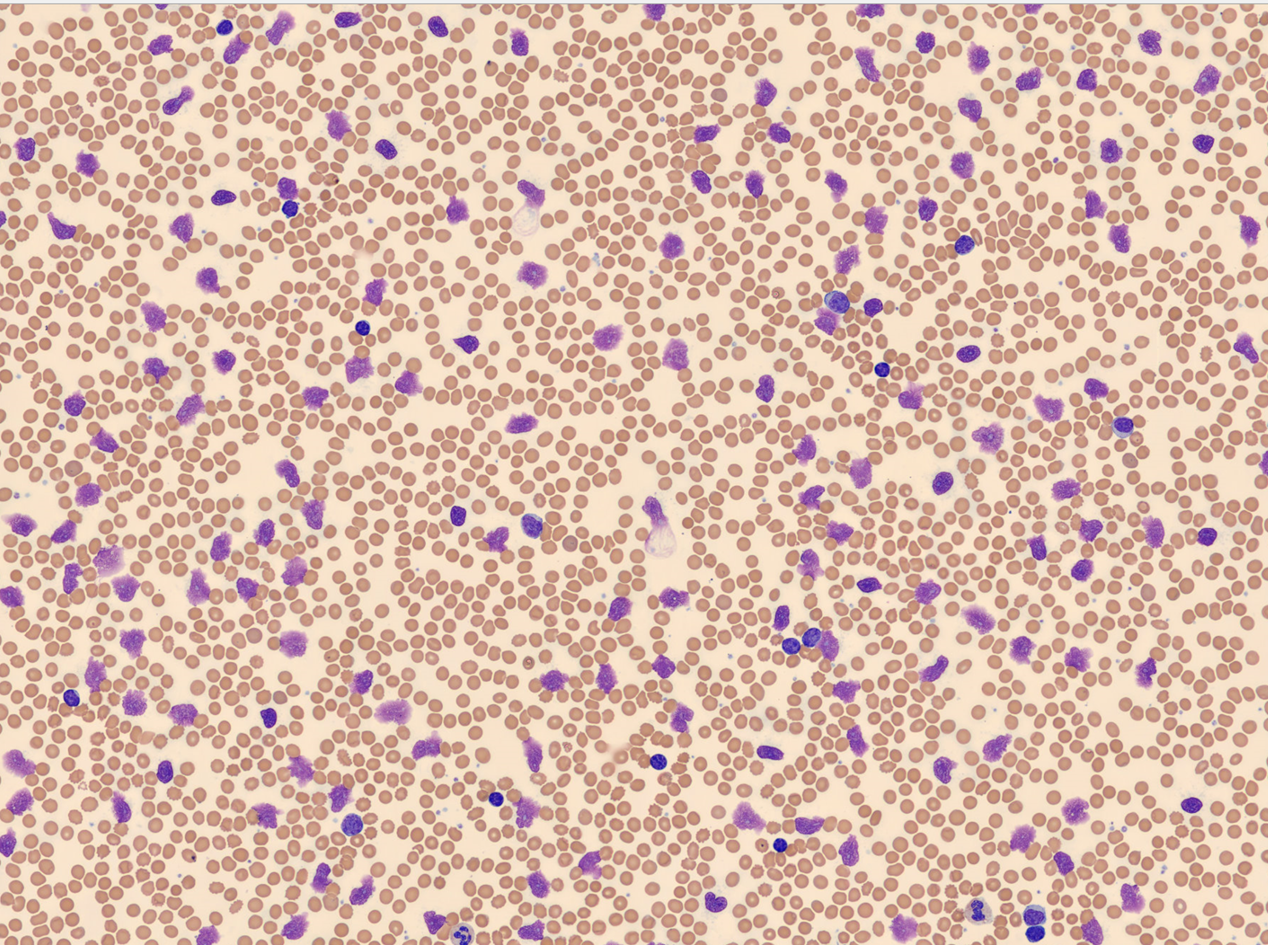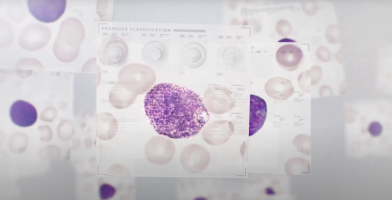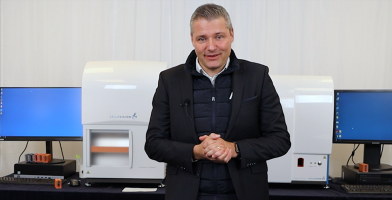Why Smudge Cells Should Not Be Overlooked in the Differential of Digital Cell Morphology Systems
Smudge cells, also known as basket cells, are distorted white blood cells often caused by mechanical damage during slide preparation. While they are typically viewed as artifacts, their presence can be clinically significant, particularly in conditions such as Chronic Lymphocytic Leukemia (CLL). These fragile lymphocytes are more prone to breakage, resulting in an increased number of smudge cells in CLL patients.

The Importance of Smudge Cells
Smudge cells can serve as an indicator of CLL, where the fragility of malignant lymphocytes leads to their breakdown. While they are not diagnostic on their own, a high count of smudge cells should raise suspicion of underlying hematologic conditions. Importantly, neglecting smudge cells during differential analysis can lead to falsely elevated neutrophil counts or erratic lymphocyte doubling time measurements, particularly if labs handle smudge cells inconsistently.
Methods for Including Smudge Cells in the Differential
To improve diagnostic accuracy, three main approaches can be used:
- Automated Differential (If No Flags Are Raised): Report the automated differential when the system does not raise any flags.
- Manual Differential: Count smudge cells as lymphocytes, excluding non-lymphoid smudge cells.
- Albumin-Prepared Slides: Use albumin-prepared slides to minimize cell fragility, improving the accuracy of differential counts.
These methods ensure that smudge cells are considered in the differential, which can enhance lymphocyte counts and overall diagnostic accuracy.
Conclusion
Smudge cells are not just artifacts; they provide valuable diagnostic insights, particularly in CLL. By recognizing and including them in both digital and manual differentials, healthcare providers can reduce diagnostic errors, leading to more accurate assessments and better patient care.
To learn more about smudge cells, listen to this insightful webinar on Digital Cell Morphology, featuring expert Steven Marionneaux, PhD, MLS(ASCP), as he discusses a case of CLL.
News
AI & Innovation at CellaVision: 30 Years of Intelligent Microscopy
Artificial intelligence isn’t new at CellaVision – it’s been at the core of our mission for over...

World Creativity and Innovation Day 2024
CellaVision’s long-term success is a result of our commitment to innovation. Our goal is to provide...
